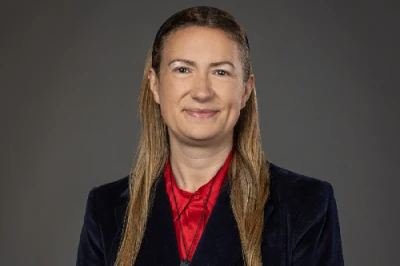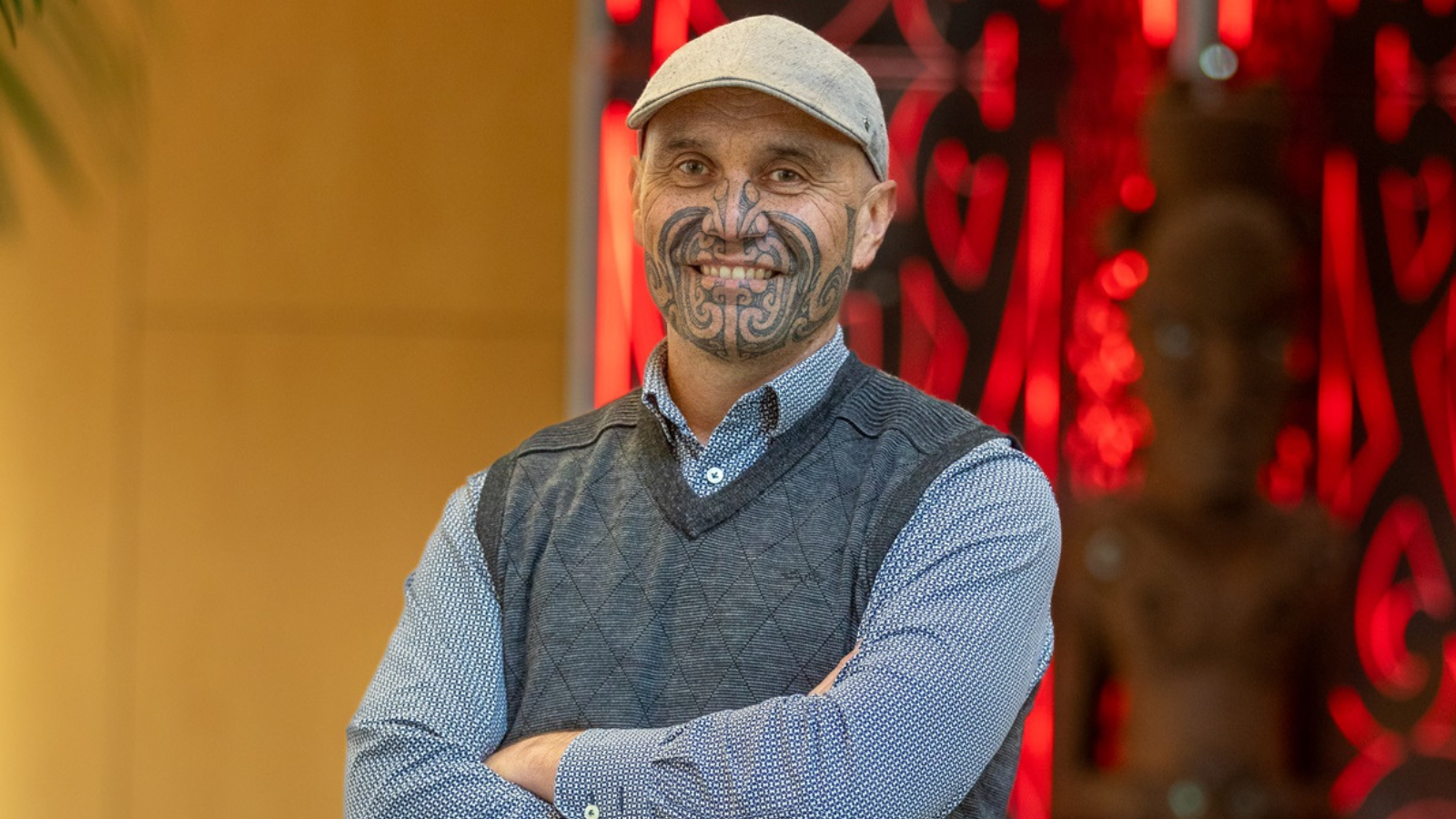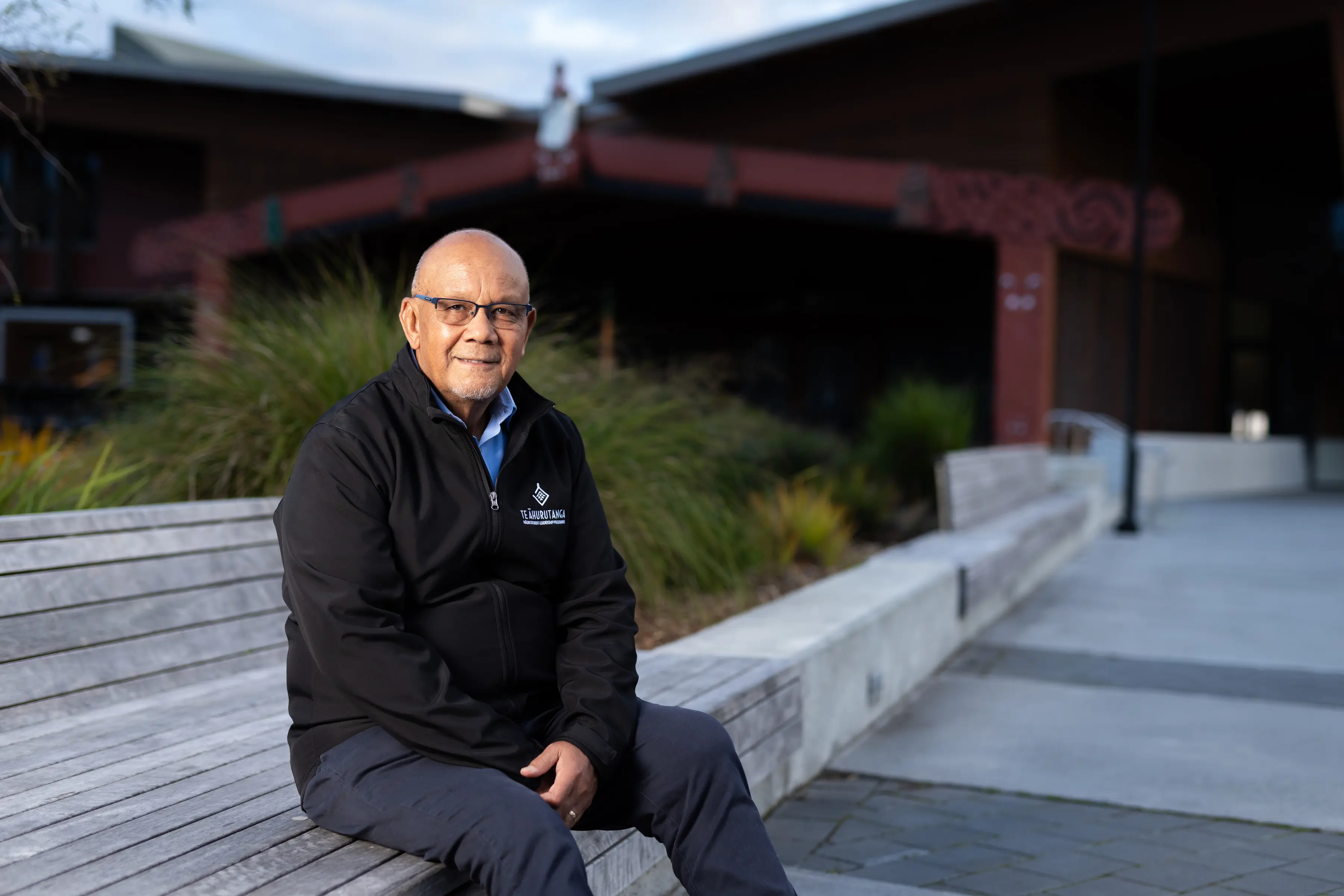
Professor Rhiannon Braund will head the new Master of Pharmacy Practice degree, set to launch in 2025.
Professor Braund is currently the Director of the New Zealand Pharmacovigilance Centre, at the University of Otago. She will join the University of Waikato on 1 May.
She has over 20 years of experience in the pharmacy sector and is currently President and Fellow of the Pharmaceutical Society of New Zealand and Deputy Chair of the Pharmacology and Therapeutics Advisory Committee for Pharmac. She holds a BSc, BPharm and PhD, all from the University of Otago.
The appointment follows the University’s announcement in September that work is underway on a new two-year graduate entry pharmacy programme, in direct response to stakeholder requests to address the chronic shortage of pharmacists in the region.
Professor Braund says to be able to help, develop and grow a new programme in something that will not only add value to pharmacy but also to patients, is what drew her to Waikato.
“We’ve got some significant workforce shortages in the industry and I’m a big believer that you can’t keep doing the same things and expect a different outcome. We’ve got to do something different to really increase our pipeline of pharmacists,” she says.
Dean of Health, Professor Jo Lane, is delighted with the appointment and believes that Professor Braund is the ideal candidate to lead the establishment of an innovative new model of pharmacy education in Aotearoa.
“Professor Braund is a prominent leader within the New Zealand pharmacy community. She is a national Tertiary Teaching Excellence Award winner and recipient of the Prime Minister's Supreme Award for Excellence in Tertiary Teaching with a strong research track record that aligns with our commitment to achieving better and fairer health outcomes in Aotearoa.”
The new programme is an accelerated pathway to becoming a pharmacist, for students with a bachelor’s degree with a major in one of the molecular sciences, such as biochemistry, biomedical science, chemistry, molecular biology, or pharmacology.
“To me, that’s really where the advantages are – this isn’t about taking from a pipeline that’s already dwindling, this is adding on another big pipeline to the system,” Professor Braund says.
Her passion is the advancement of pharmacy practice, with a particular interest in primary care and making sure people can access and use what they need safely and effectively. Her research aims to understand current practice and provide evidence for the developing roles that pharmacists have.
Developments of the new Master of Pharmacy Practice degree are well underway, with the first cohort expected to begin in February 2025. Those who want to express their interest in this new programme can register their details on the Expressions of Interest: Master of Pharmacy Practice form.



